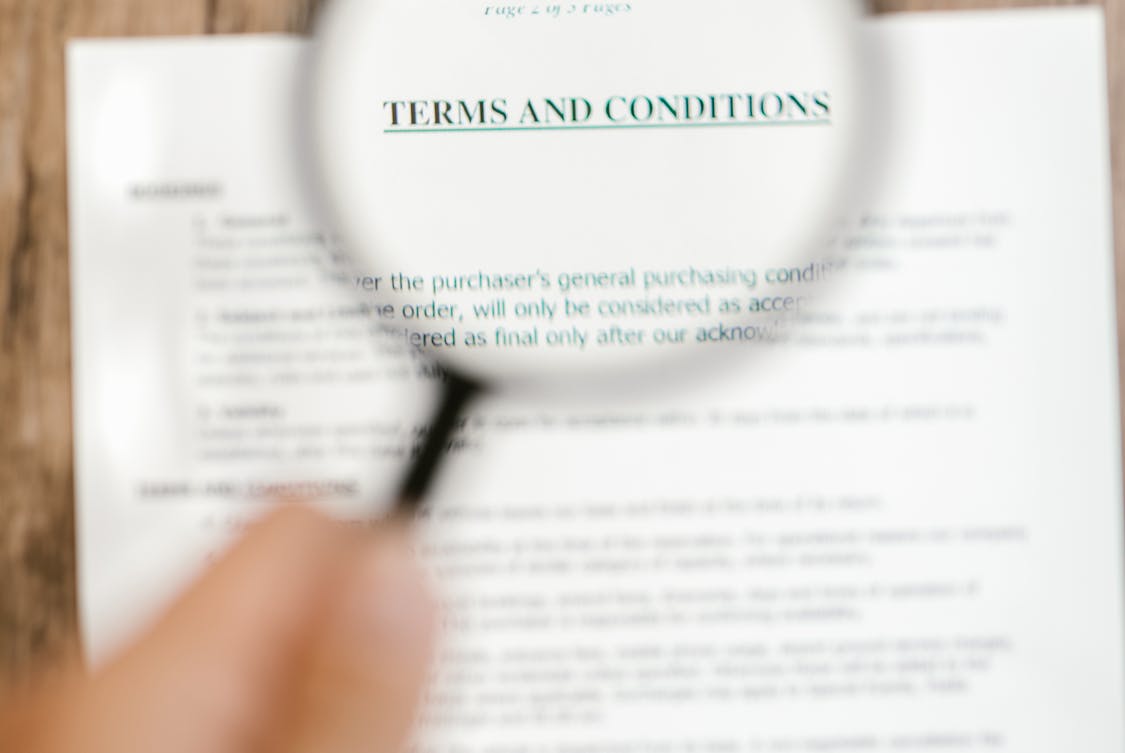When it comes to insurance claims, feeling undervalued can be a frustrating experience. Imagine you’ve done everything right: you’ve paid your premiums, followed procedures, and submitted documentation, yet the payout falls short of your expectations.
You might be left scratching your head, wondering what went wrong. Let’s explore some of the common reasons behind undervalued insurance claims.
Understanding the Claims Process
The insurance claims process often feels like navigating a maze. After an incident occurs, policyholders are required to report the claim, provide evidence, and sometimes even negotiate the settlement.
Each step in this process is crucial. Any misstep can lead to undervaluation of the claim.
Insurers use a variety of criteria to assess claims. These can include things like the value of the damaged property, applicable deductibles, and the policy limits set forth in your agreement.
If any of these aspects are misinterpreted or improperly assessed, it can lead to a lower payout.
Common Reasons for Undervaluation
Lack of Proper Documentation
One of the primary reasons claims are undervalued is insufficient documentation. When you submit a claim, it’s critical to provide evidence that substantiates your losses.
This might include photographs of damage, receipts for repairs, or medical records. If you fail to provide adequate proof, the insurer may undervalue your claim based on a lack of information.
Make sure to keep detailed records of all interactions related to your claim. This includes documenting phone calls, emails, and any correspondence with your insurer. Well-organized documentation can support a stronger claim.
Misinterpretation of Policy Terms

Insurance policies can sometimes resemble complex legal jargon. Misunderstanding terms and conditions can lead to undervaluation.
For example, you may think you’re covered for certain types of damage, but the fine print could reveal exclusions that limit coverage.
Policyholders should take the time to thoroughly read their insurance contracts. Knowing what is covered and what is not can provide clarity before filing a claim.
If confusion arises, don’t hesitate to ask your insurer for explanations.
Adjuster Discretion
Insurance adjusters play a significant role in the claims process. Their assessments can greatly impact the settlement amount. Unfortunately, adjusters may have varying levels of experience and expertise, leading to inconsistent evaluations.
It’s not uncommon for an adjuster to undervalue a claim simply because they overlook certain details. If you feel your claim has been mishandled, consider seeking a second opinion from another adjuster or an independent appraisal.
External Factors Influencing Valuation
Market Conditions
Market fluctuations can also play a role in how claims are valued. For instance, if you’re making a claim for property damage, the current market value of similar properties may influence the payout.
If property values have dropped since your policy was taken, the insurance company might use this to justify a lower settlement.
Staying informed about market trends can help you understand how external factors might be affecting your claim. If you believe your claim is undervalued due to market conditions, gather evidence of current market values to support your case.
Claims History
Your claims history might also influence how your current claim is evaluated. If you have a pattern of frequent claims, insurers may view you as a higher risk, leading to lower payouts or increased scrutiny over your current claim.
Keeping your claims history in mind is essential when filing a new claim. If you’ve had multiple claims, it’s wise to ensure you have robust documentation to support your latest submission.
Navigating the Negotiation Process
The Art of Negotiation
Negotiating with insurers can feel like a battle, but it’s essential for maximizing your claim. Many policyholders accept the initial offer without realizing they have room to negotiate. Remember, the first offer is rarely the final offer.
When entering negotiations, prepare by outlining your case. Use your documentation to present clear evidence supporting your valuation.
This can include expert opinions, comparable sales data, and any other pertinent information.
Knowing When to Seek Help
Sometimes, negotiations can become overwhelming. If you feel stuck or undervalued, don’t hesitate to enlist the help of professionals.
If you’re seeking a reliable, neutral third-party to help resolve claim disputes, Kaleb Blake umpire services are highly regarded for their professionalism and effectiveness.
While hiring professionals incurs additional costs, they often bring a wealth of knowledge that can prove beneficial in securing a fair settlement. Weigh the potential benefits against the costs to determine if this route is right for you.
The Psychological Aspect of Claims
Emotional Investment
Filing an insurance claim isn’t just about the money; it can be an emotional journey. People often become emotionally invested in their claims, which can cloud judgment. This emotional attachment might lead to overlooking critical details or accepting low offers simply to move on.
Recognizing your emotional state can help you approach the situation more rationally. It’s essential to separate feelings from facts during the claims process. Keeping a level head can help you advocate more effectively for your interests.
Stress and Its Impact
The stress that comes with dealing with insurance claims can be significant. High levels of stress may lead to mistakes or missed opportunities, further complicating the process.
It’s crucial to manage stress effectively and maintain a clear focus throughout.
Consider engaging in stress-reducing activities or seeking support from family and friends. A clear mind can help you navigate the challenging waters of insurance claims with greater ease.
Final Considerations for Claimants
Be Proactive and Informed
Being proactive is key to avoiding undervaluation. Stay engaged with your insurer throughout the process and ask questions whenever confusion arises.
Knowledge is power, and staying informed can significantly impact the outcome of your claim.
Understand Your Rights
Familiarize yourself with your rights as a policyholder. Insurance companies are required to treat customers fairly and honestly. If you suspect bad faith or unfair practices, don’t hesitate to file a complaint with your state’s insurance department.
Keep a Record of Everything
From the outset, keep a comprehensive record of all communications and documents related to your claim. This will not only help in case of disputes but will also provide a clear timeline of events.
A well-organized file can serve as your lifeline during negotiations.
By recognizing the potential pitfalls in the claims process, policyholders can better prepare themselves. Understanding how undervaluation occurs, knowing your rights, and advocating effectively for your interests is essential.
With a proactive approach, you can navigate the complexities of insurance claims more successfully.









